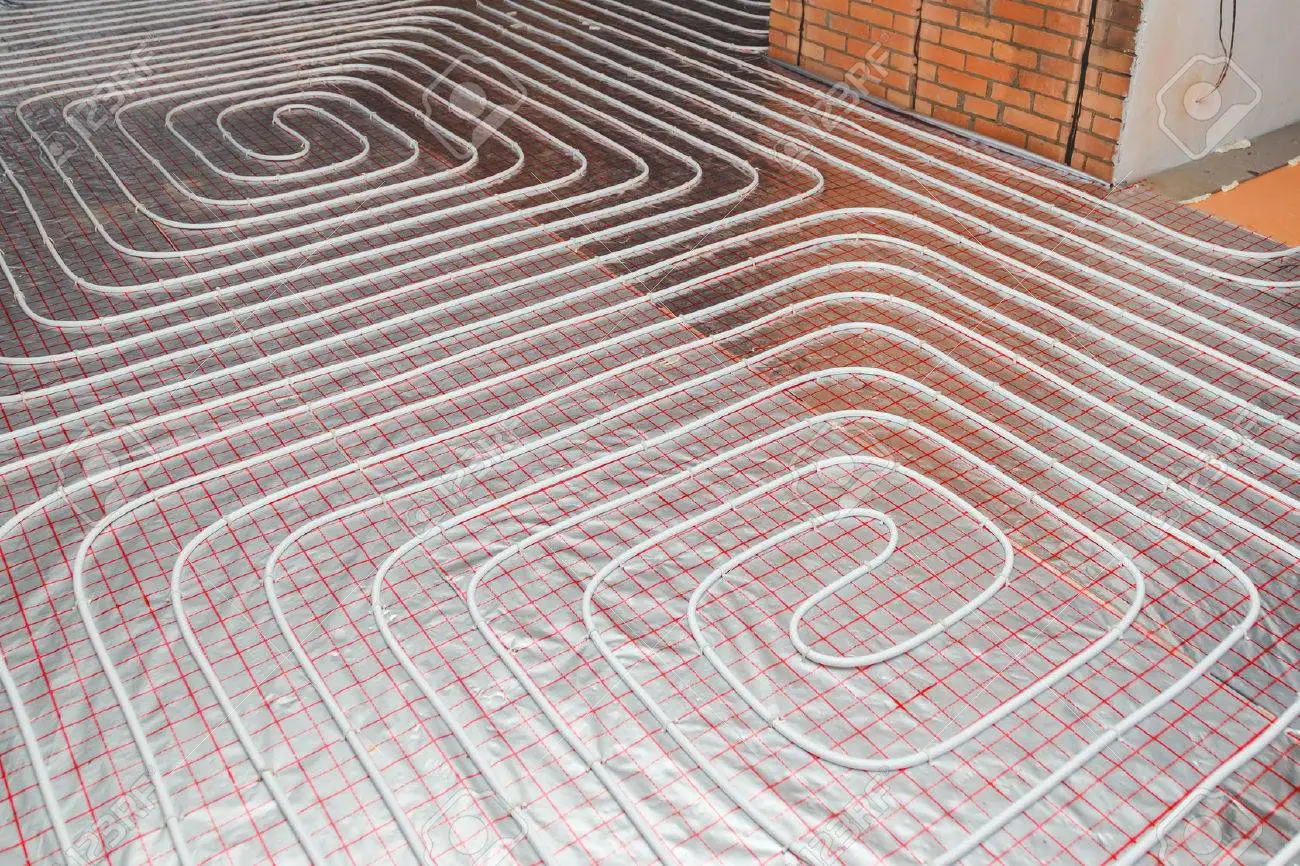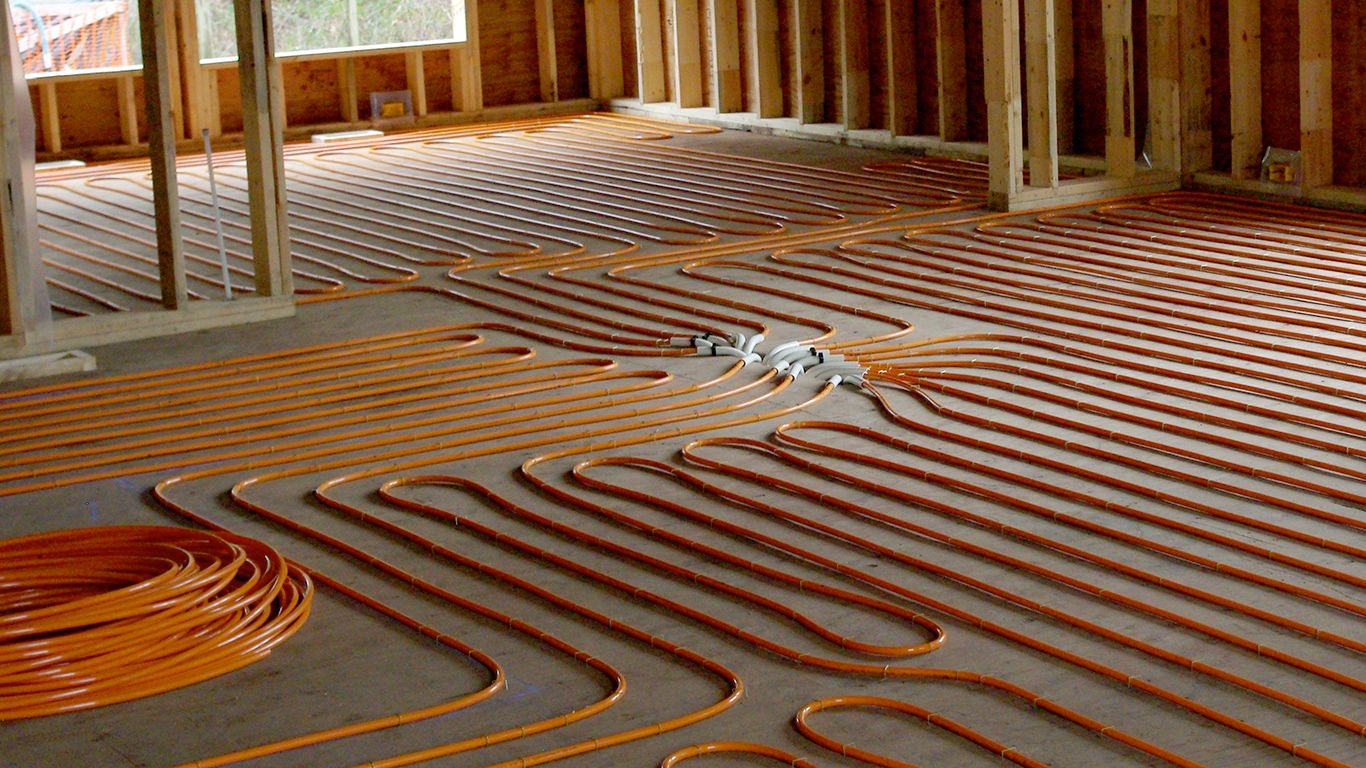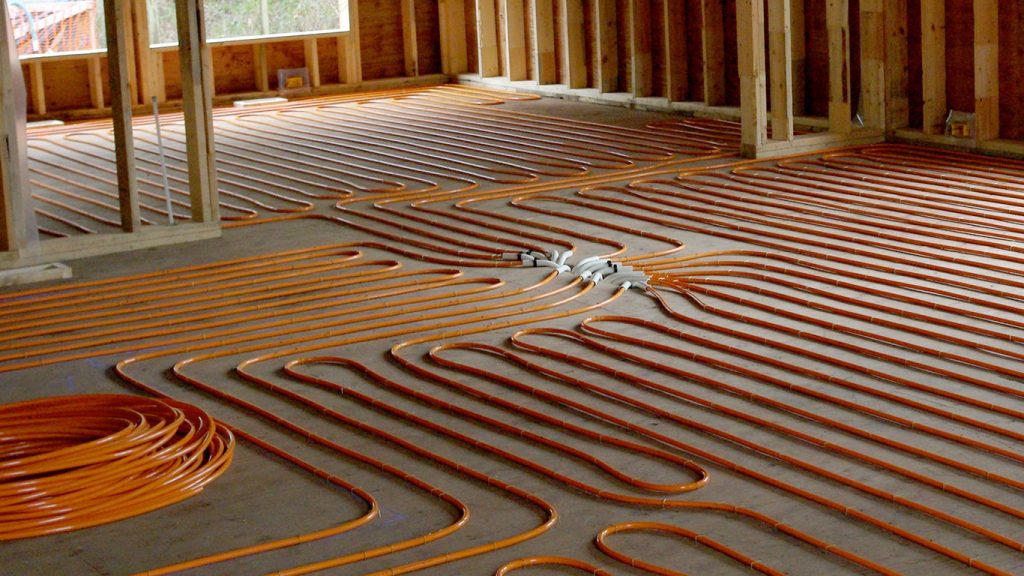Geothermal heat pumps can save you money and help lower your carbon footprint. They’re not only a great way to heat your home, but they also have the potential to generate electricity. It’s no wonder that homeowners are so interested in them.
A geothermal heat pump is an energy-efficient system that uses the earth as its source of power. This is done by using ground temperature differences to either heat or cool the air entering your home. The earth’s constant temperature allows for more efficient use of the system because it doesn’t require any additional equipment besides a well. The ground is naturally heated and cooled depending on where you live, making it one of the most sustainable systems out there.
The benefits of geothermal heat pumps are numerous. Here are just some of the perks:
– Geothermal systems are usually cheaper than conventional heating systems, sometimes up to 50 percent less.
– In addition to saving money, geothermal heat pumps will reduce your utility bills by 20 percent or more.
– Geothermal heat pumps are environmentally friendly as no fuel is used during operation.
– Your home will stay warmer in winter and cooler in summer when compared to other homes with standard HVAC systems.
– Because geothermal heat pumps operate at such low temperatures, you don’t need to worry about damage to your furniture.
These are the main perks that a person will get on maakütte paigaldus. If the benefits will be clear then getting the best option will become easy. The main matter of concern is to have maintenance in the temperature at low cost. They can plan for the reasonable cost option with the new and the advanced features.

There are two primary types of geothermal heat pumps – closed loop and open loop. A closed loop system is typically located underground while an open loop system sits above ground. Both types work similarly and both types offer similar energy savings and payback periods. The main difference between them is that a closed loop system uses the earth’s temperature to warm or cool the incoming air. Open loop systems use the earth’s temperature to heat or cool water which then heats or cools the incoming air.
If you’ve considered installing a geothermal heat pump before, but have been put off by all the technical jargon and costs associated with it, here’s what you need to know. And if you haven’t looked into geothermal heating before, read this article to learn why you should consider it.
Cost Considerations
When it comes to cost, there are three main factors that affect the price of a geothermal heat pump. The first step is determining your location. If you live in an area where the average outdoor temperature stays above 70 degrees throughout the year, a geothermal system may be ideal for you. Conversely, if you live in a very cold climate, your monthly utility bill could easily approach $100 per month.
The second major component affecting the overall cost of a geothermal heat pump is the size of your home. When comparing the price of different systems, take into account that larger homes require more space for piping and components, and thus cost more. If you plan to install a geothermal heat pump in a basement, you might find that you won’t even get a return on your investment.
The third factor is how long you want to keep your system running (or whether you want to replace it). While geothermal heat pumps run extremely efficiently, there is wear and tear involved with their operation. If you don’t expect to keep your system in service for longer than 15 years, it may not make financial sense. However, if you do plan to keep your system in service for decades, you might want to look into a ground source heat pump instead. Ground source heat pumps are less expensive and more durable.
In many cases, the upfront costs of a geothermal heat pump are quite reasonable. But you have to compare those costs against the upfront and ongoing operational costs of a traditional heating system. Even though a geothermal heat pump is often more expensive to purchase, the system itself will last a long time, requiring little maintenance. As an added bonus, you won’t have to call in a contractor every spring and fall to check the system’s efficiency.
Another perk of geothermal heat pumps is that they’re able to save you money over time. As mentioned earlier, these devices are more efficient than traditional heat pumps, meaning they will save you money over the course of the year. In fact, the Department of Energy estimates that a homeowner who installs a geothermal heat pump will save up to 50 percent on their annual energy costs. Additionally, geothermal heat pumps are capable of producing up to 10 times more energy than they consume, so you could potentially earn income from the excess energy.

Energy Savings
As previously mentioned, geothermal heat pumps are much more efficient than most other forms of heating and cooling. The average efficiency rating for a typical geothermal heat pump ranges from 21 to 24 SEER, while a traditional furnace is rated around 10 SEER. That means that a geothermal heat pump can provide heat to your home without using any fossil fuels.
Additionally, geothermal heat pumps use less gas than other heating methods. According to the DOE, a geothermal system can produce as much as 90 percent less gas than a traditional furnace. In fact, the National Renewable Energy Laboratory reports that a residential geothermal heat pump can use as little as 4 percent of the natural gas used by a traditional boiler.
Geothermal Heat Pumps vs. Other Systems
While geothermal heat pumps are becoming increasingly popular, there are still plenty of people who aren’t sure if they’d be worth the extra investment. If that describes you, rest assured that geothermal heating is far superior to other forms of heating available today.
First, geothermal heat pumps use less energy than other forms of heating because they are so efficient at transferring heat. Traditional heat pumps also require additional technology like fans, coils, ductwork, and controls. Additionally, geothermal heat pumps are much quieter than conventional units and offer a host of eco-friendly features, including the ability to capture and store excess energy for later use.
Finally, geothermal heat pumps are a lot more affordable than traditional heating systems. There are plenty of incentives offered by local government agencies to encourage residents to switch to alternative forms of heating. For example, many areas now offer rebates of up to $5,000 for installing geothermal heating systems.
Geothermal heat pumps are a fantastic option for homeowners looking to cut down on their carbon footprint and lower their energy bills. They’re also a good way to save money, so if you’re ready to invest in a more reliable and cleaner form of heating, look into geothermal.

